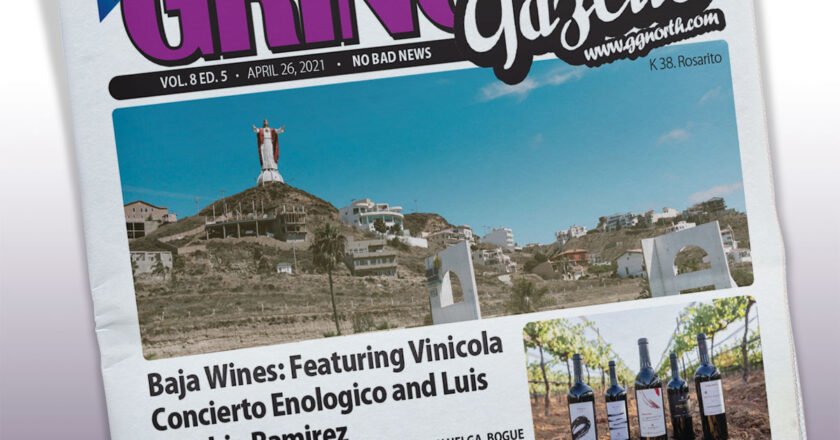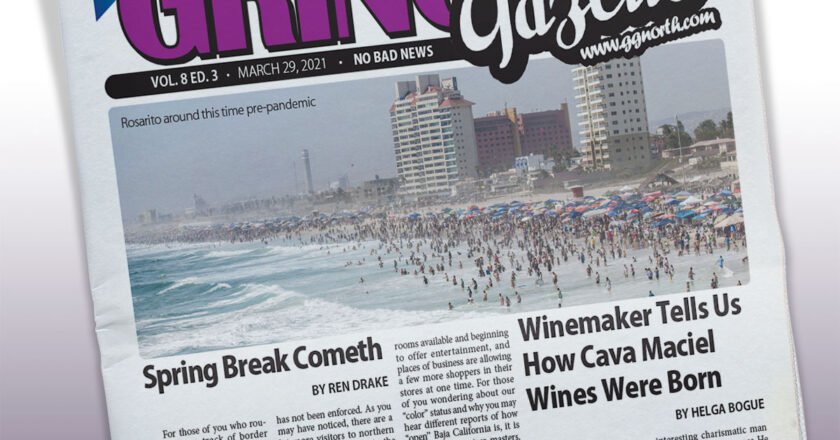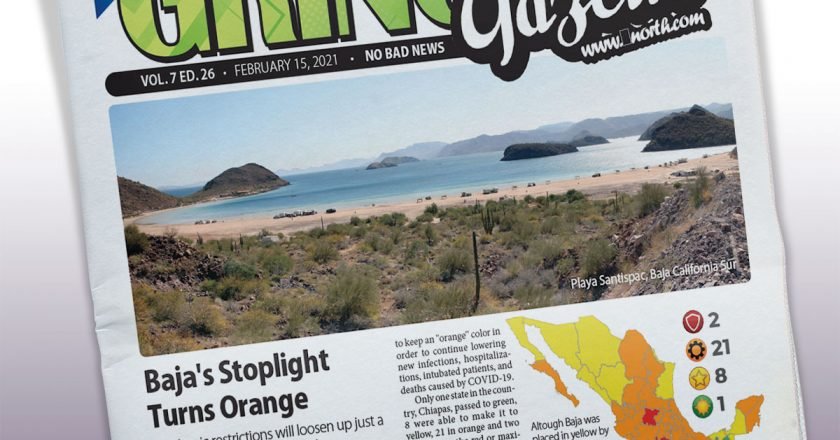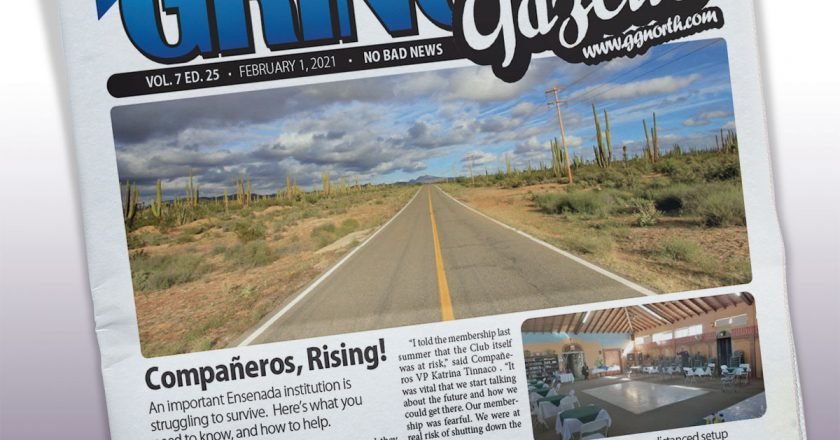


Mexico’s ARM Cuauhtemoc training vessel will be visiting Ensenada from April 21-24 and again from August 6-9, as part of …

After the agglomerations seen in the last two weeks due to the holiday, government officials announced that they are now …






Back in the 1980s, a group in Ensenada came together to try and form something few had seen at the …
